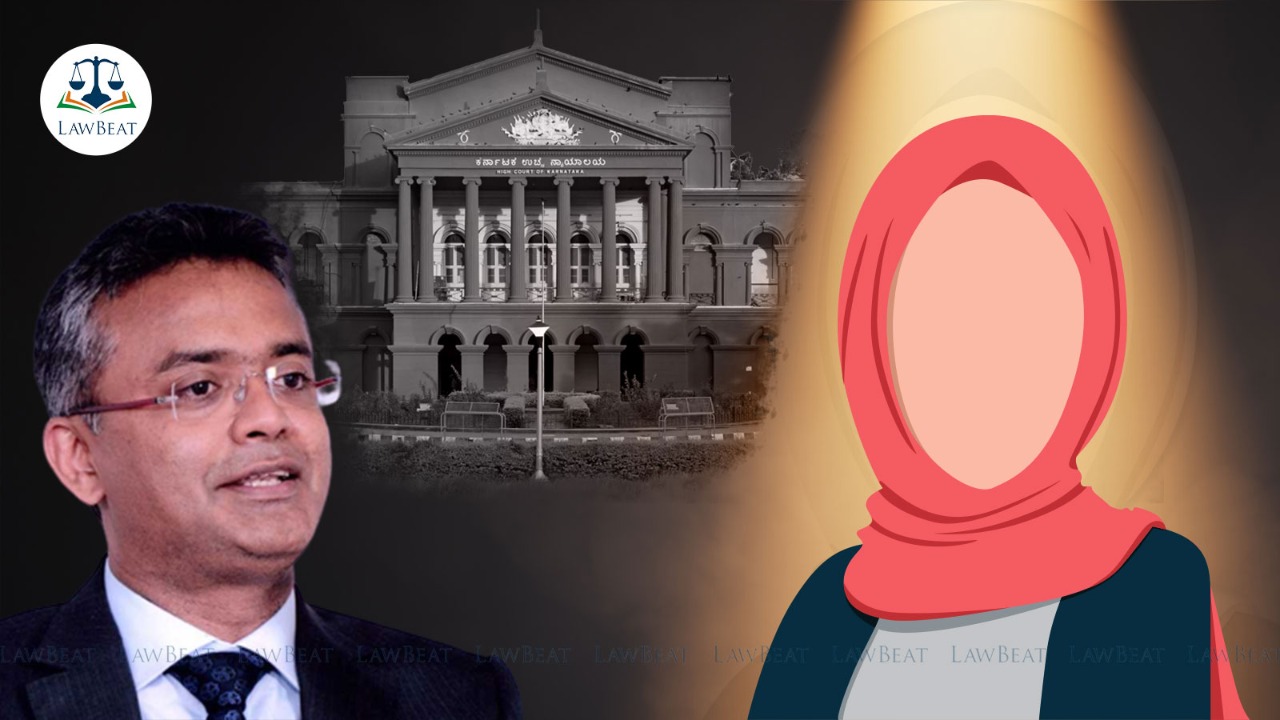“Why girls taught to dress ‘modestly’ & not boys? Girls not less”: Senior Advocate Sajan Poovayya tells Karnataka High Court

Sajan Poovayya, Senior Advocate, appearing for the College Development Council (CDC) of the government Pre University College, Udupi, questioned the societal imposition of restrictions on clothing for girls and thrusting on “modesty” fr them when no such rules apply to boys.
He added that such discrimination does not find place in the Constitution of India.
Poovayya further argued that an exception cannot be made for a handful of students.
“There are 900 odd students in this school. 100 children belong to Muslim faith, out of these 100 only 5 children insist that they want to wear Hijab, Can the school make an exception for these 5 students?”
He argued, “Most of these children are minor, the decision whether to wear a Hijab is on them when they attain majority. I have a duty to ensure that I achieve secularism as enshrined in the constitution.”
He argued that Karnataka Education Act permit the institutions to have the right to ensure that secularism is imparted.
He further argued that when the world is moving towards a uniform which is gender neutral and education institutions should have a gender neutral uniform, the question of religious attire for minors should not arise.
He further argued that imparting education through public instruction is a secular duty and that the role of religion should be kept to a bare minimum. He said,
”Doesn't matter if you are a Hindu or Muslim or Christian. Everybody has the same uniform milords. When I prescribe uniform as an institution religion for me is irrelevant.”
Poovayya further argued that Article 25 guarantees right to follow a religion, however it does not guarantee a right to wear religious attire. He argued, “A lady or a man can wear religious attire when they go to pray, if they come into the domain of a secular activity, they cant bring their religious manifestation there.” He submitted that it is necessary for a democratic society to maintain secular values in a public institution. He submitted, “Because a Muslim child is wearing a Hijab a Hindu child comes and says they will wear a saffron scarf. Both of these are not positive.”
He said "If we say a child who wears a Hijab is prevented from wearing it to school. Does it alter the religion ? Does this mean that the others who do not wear a Hijab not adhering? I can go to a temple in Denim Jeans, because this is not the essence of religion?” Poovayya argued that the basic constitutional value for a school is to protect the secular values. He argued that today in a democratic society community standard is rule of law .
Arguing that the court has the power to decide as to what is an essential religious practice, he said,
”The law is that court is central to taking a decision on whether its an ERP or not. However the petitioner have not filed a single affidavit to establish this.”
In conclusion he remarked “A good school will support a girl child when she says she does not want to wear Hijab. For that I need to instil secular values. Uniform is prescribed to remove discrimination.”
Case title: X Vs State of Karnataka
